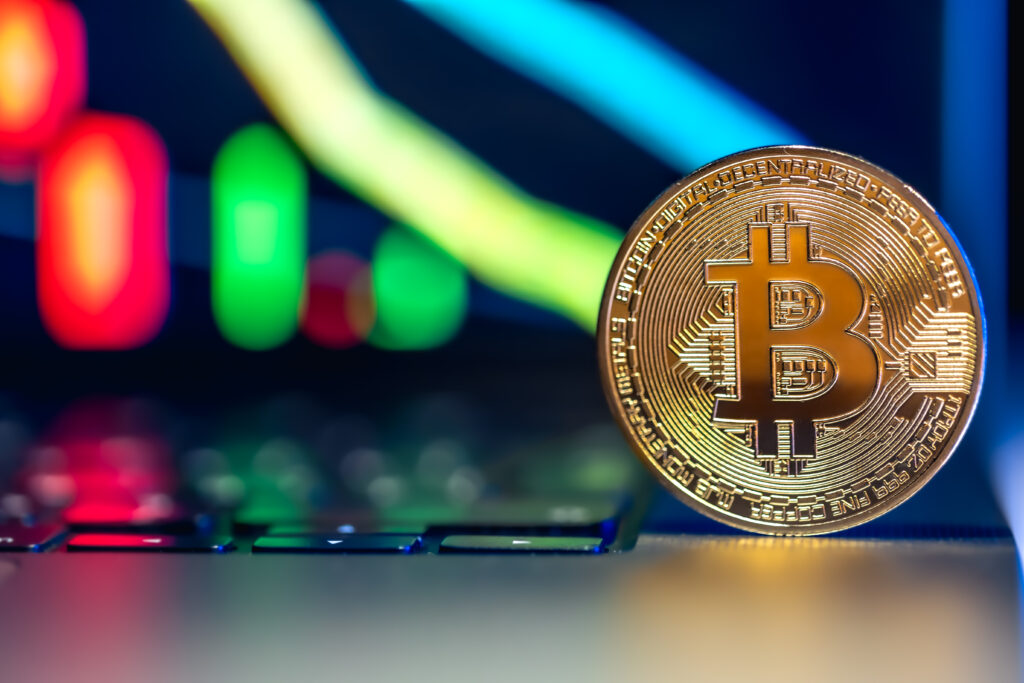
In recent years, cryptocurrency bank account freezes have emerged as a significant challenge for traders and investors in India. These freezes occur when banks restrict all activity on an account due to suspicions tied to crypto-related transactions, often without prior notice.
This action typically stems from anti-money laundering regulations, law enforcement directives, or non-compliance with banking norms. As cryptocurrency remains a legally gray area in India, such freezes are increasingly affecting individuals trading on P2P platforms or dealing with international crypto exchanges.
Why Are Crypto Accounts Being Frozen?
Several regulatory and legal reasons contribute to banks freezing accounts involved in cryptocurrency activity:
1. Suspicion of Money Laundering or Fraud
Under the Prevention of Money Laundering Act, 2002 (PMLA), banks are required to report suspicious activity. Crypto transactions linked to fraud or illicit funds can result in a freeze. Banks file Suspicious Transaction Reports (STRs) with the Financial Intelligence Unit (FIU), triggering enforcement action.
2. KYC Violations and Irregular Activity
As per RBI’s Master Directions on KYC, banks must verify customer identity and transaction behavior. Accounts that lack updated documents or show abnormal transfers—common in crypto trades—may face a precautionary freeze.
3. Law Enforcement Investigations
Police can freeze accounts during criminal inquiries under Section 106 of the Bharatiya Nagarik Suraksha Sanhita, 2023. If funds from a scam are traced to your account (even unknowingly), it may be frozen pending investigation.
4. Foreign Exchange or Tax Concerns
Cross-border crypto transactions may violate the Foreign Exchange Management Act (FEMA), 1999. Enforcement Directorate (ED) or Income Tax authorities may order account freezes in such cases.
5. Suspicious P2P Transactions
Most frequently, P2P traders see account freezes when scam funds unknowingly enter their account as part of a laundering chain. Innocent recipients can still be affected due to the transactional link.
Key Regulators and Their Roles
RBI: While not directly freezing accounts, the RBI’s strict guidelines on KYC/AML influence banks’ approach. RBI also manages customer grievances through the Banking Ombudsman system.
SEBI: Typically inactive in individual crypto trading matters unless the activity is tied to securities fraud or illegal fundraising schemes.
Enforcement Directorate (ED): Actively investigates and freezes accounts under PMLA and FEMA for laundering allegations. ED orders require immediate bank compliance.
FIU, Cybercrime Units, Income Tax Department: These bodies also play a role in account freezes, especially in scams or unexplained crypto gains.
Legal Remedies for Frozen Crypto Accounts
If your account is frozen, you have several options:
1. Request an Explanation
Banks are required to disclose the reason for the freeze. You can demand the freezing order and rationale in writing. Filing an RTI can also be useful.
2. File a Grievance with the Bank
Use the bank’s escalation system—branch manager, nodal officer, and grievance cell—to resolve issues, especially for non-criminal freezes like KYC lapses.
3. Approach the Banking Ombudsman
If dissatisfied with the bank’s response, file a complaint on the RBI CMS Portal. The Ombudsman may direct the bank to unfreeze funds or offer compensation if the freeze is unjustified.
4. Send a Legal Notice or File a Writ Petition
High Courts can intervene through Writ Petitions under Article 226, especially when fundamental rights are impacted. Courts often order partial unfreezing if only part of the funds are in dispute.
5. Consumer Forum Complaint
If the freeze caused financial or reputational loss, a complaint in the Consumer Court can seek compensation for deficiency in banking service.
Real Case Highlights
- WazirX (2022): ₹64.67 crore frozen by ED during a money laundering probe. Later lifted after compliance and cooperation.
- Vauld/Flipvolt (2022): ₹370 crore frozen due to links with illegal lending platforms. Freeze still active due to ongoing investigations.
- Madras and Delhi High Court Rulings: Both courts emphasized proportionality in freezing orders and warned against blanket freezes that block legitimate funds beyond the disputed amount.
Prevention Tips for Crypto Users
- Use compliant platforms and maintain up-to-date KYC.
- Segregate funds—use a separate bank account solely for crypto activity.
- Avoid dealing with unknown or suspicious P2P counterparties.
- Maintain records of all transactions and communication.
- Inform your bank about high-value legitimate transactions.
- Stay current with Indian crypto regulations.
Conclusion
Crypto-related bank account freezes can cause financial and emotional distress. However, Indian laws do offer remedies. Whether through internal redressal, ombudsman complaint, or High Court intervention, victims of wrongful freezes can seek justice.
By staying compliant, organized, and proactive, crypto users can both avoid account freezes and defend themselves effectively when issues arise. As India’s regulatory landscape evolves, awareness and caution remain your strongest assets in navigating this complex domain.

